Culture in Montenegro
Experience Montenegro's culture
Montenegro's culture is rich, diverse and characterised by years of history and various influences. It is no coincidence that the people of Montenegro are proud of their cultural identity. Traditions and customs give the Montenegrin culture its uniqueness and contribute to the preservation of the country's cultural identity.
Specialities in Montenegro
Diversity is not only found in the culture, but of course also in the country's cuisine. This results from the country's regional characteristics, which have both Mediterranean and Balkan influences.
5 typical dishes from Montenegro
These 5 dishes enjoy great popularity in Montenegro and reflect Montenegro's culinary diversity.
1. Punjene paprike (stuffed peppers)
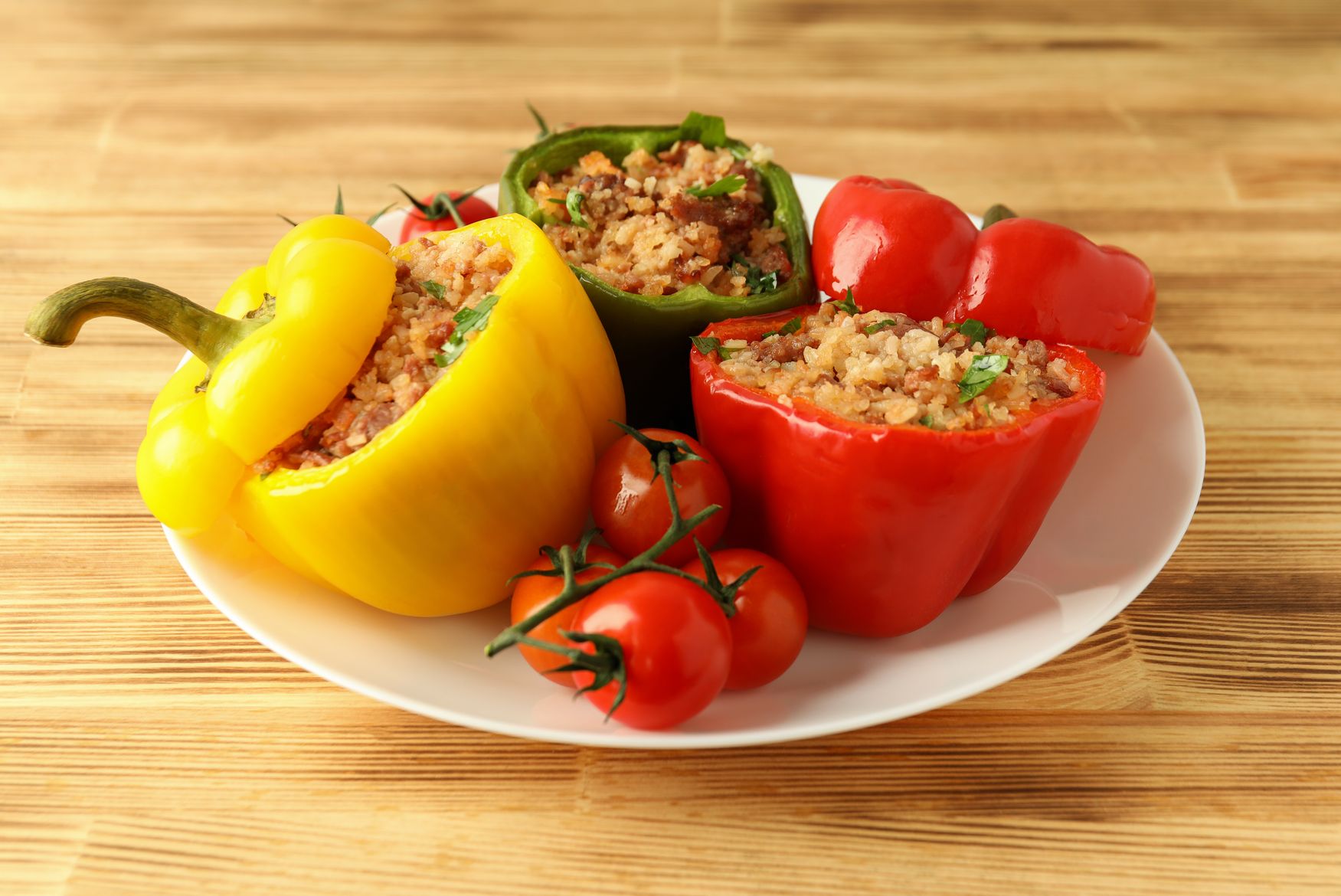
Stuffed peppers are a classic dish in Montenegro, but are also popular in other parts of the Balkans. The peppers are stuffed with a mixture of minced meat, rice and spices and cooked in a tomato sauce.
2. Riblja corba (fish soup)
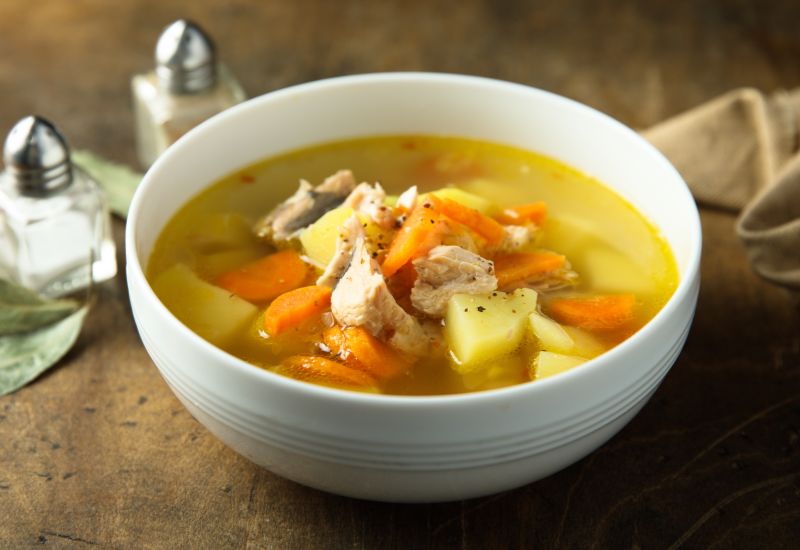
Fish soup is one of the most famous dishes in Montenegro. The often thick soup is made with different types of fish. One soup can contain up to ten different types of fish. The soup is particularly popular as Montenegro has a variety of seafood to offer due to its location on the Adriatic coast.
3. Njeguški pršut and sir (dried ham and cheese)
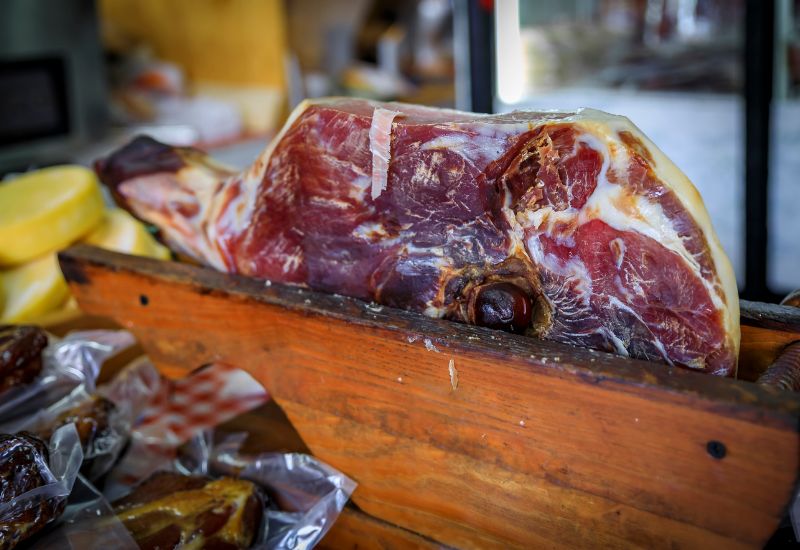
According to its name, this popular air-dried ham comes from the village of Njeguši in Montenegro. The ham is served with Njeguški Sir, a flavoursome sheep's milk cheese that also comes from the region.
4. Raštan
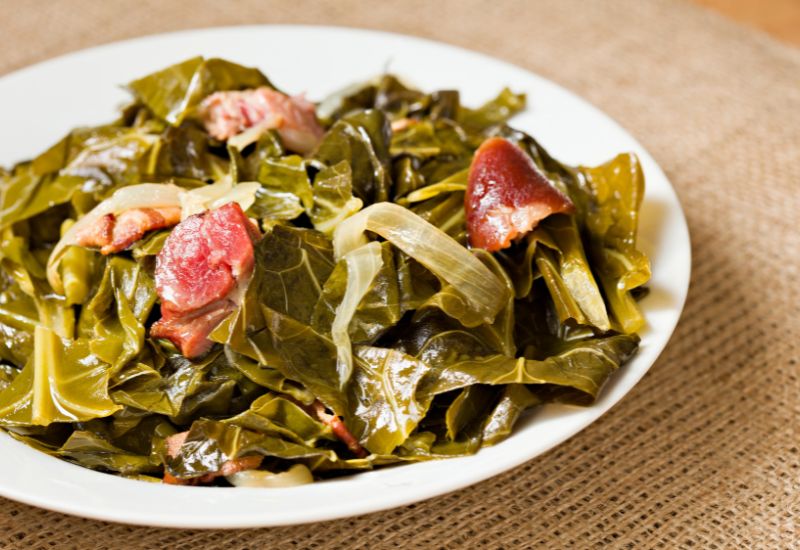
Raštan is a traditional Montenegrin dish made mainly from chard. The name Raštan is derived from the Montenegrin word "Raša", which refers to the young chard used for this dish.
5. Priganice
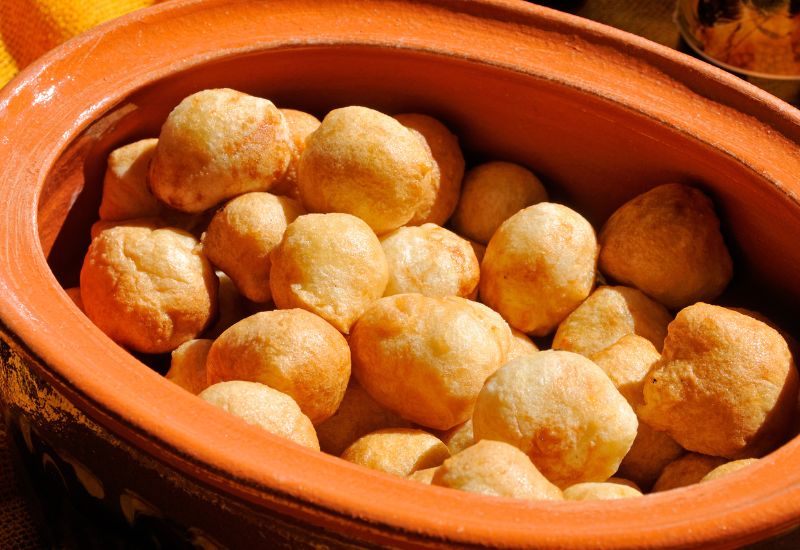
Priganice are a type of pastry that is traditionally eaten as a dessert or snack in Montenegro. The dough balls are deep-fried in oil and then served with icing sugar, jam or honey, as desired. The sweet dough balls are particularly popular as they are quick to prepare and make a great snack.
Drinks
Rakija
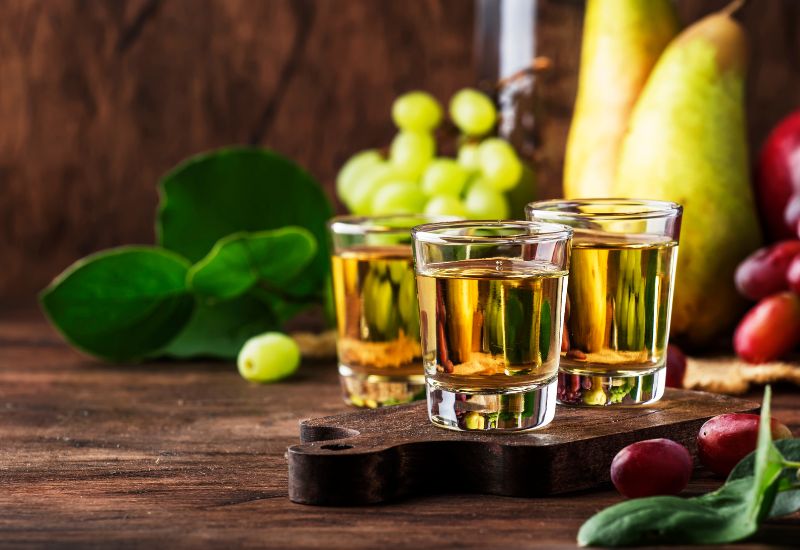
Rakija is a strong fruit brandy that is not only popular in Montenegro but also throughout south-east Europe. Rakija is made from fruits such as plums, grapes, pears or apples by distilling them and then processing them further.
Wine
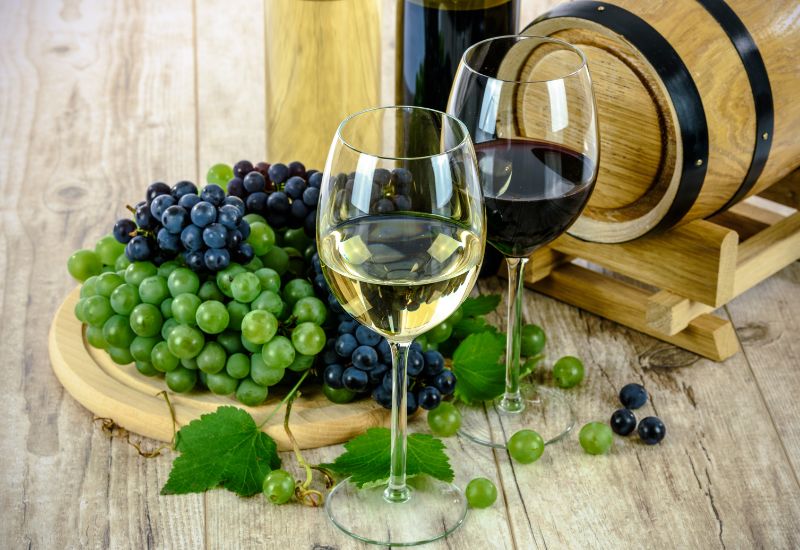
The flourishing wine industry enables Montenegro to produce wines that are appreciated both locally and internationally. Local red varieties such as the powerful Vranac and the fruity Krstač as well as the white varieties Chardonnay and Malvazija are particularly popular.
Traditions and festivals
Montenegro's culture is characterised by a rich diversity that includes traditional Slavic, Mediterranean and Balkan elements.
Religious festivals
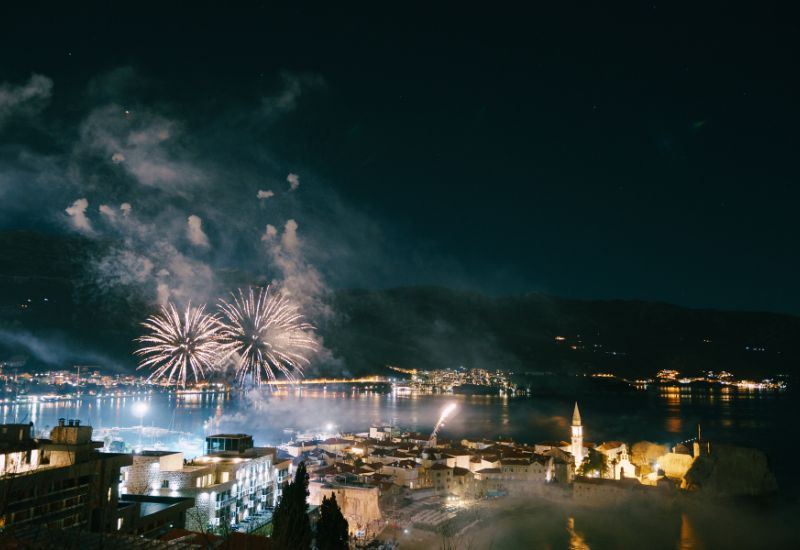
Montenegro is characterised by various religious holidays and festivals celebrated by the country's Catholic, Muslim and Orthodox communities. The festivals include Easter, Christmas, Ramadan and local patron saint festivals, which are associated with church services or folk festivals.
Folklore and folk festivals

In Montenegro, traditional dances and music play an important role in cultural life. Folk dance groups often perform traditional dances at festivals and celebrations, reflecting the country's history, traditions and customs.
Family celebrations
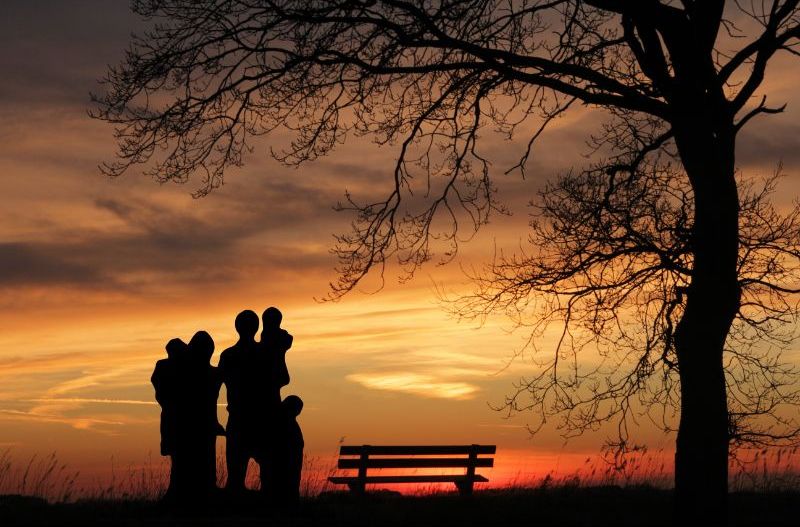
The family plays a central role in the lives of people in Montenegro. Many traditions and customs in Montenegro revolve around family gatherings, celebrations and meals. It is common for several generations to live under one roof, which is why there is a strong family bond between family members.
Conclusion
Are you ready to gather new cultural impressions in Montenegro?
Here you can find out more about the toll regulations in Montenegro so that nothing stands in the way of your holiday.
